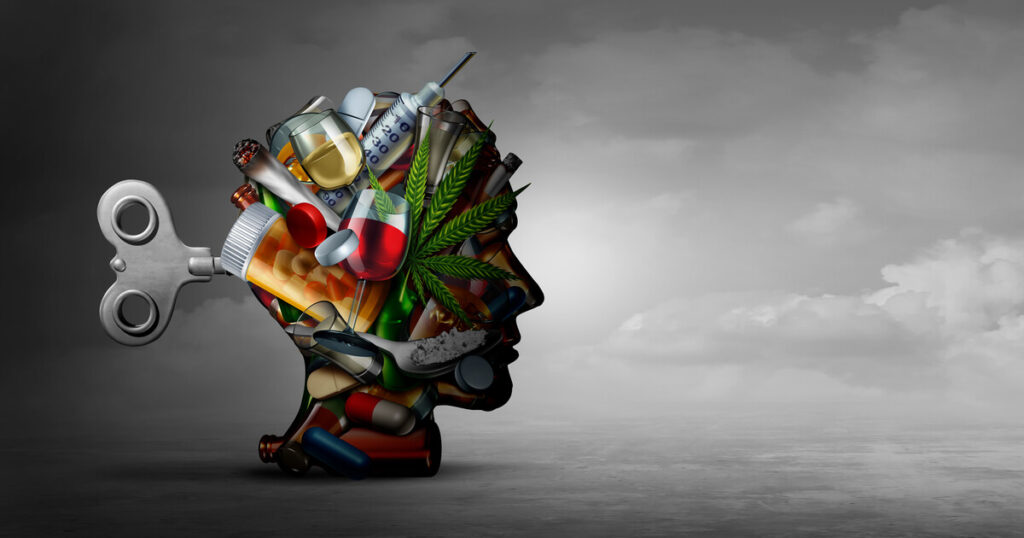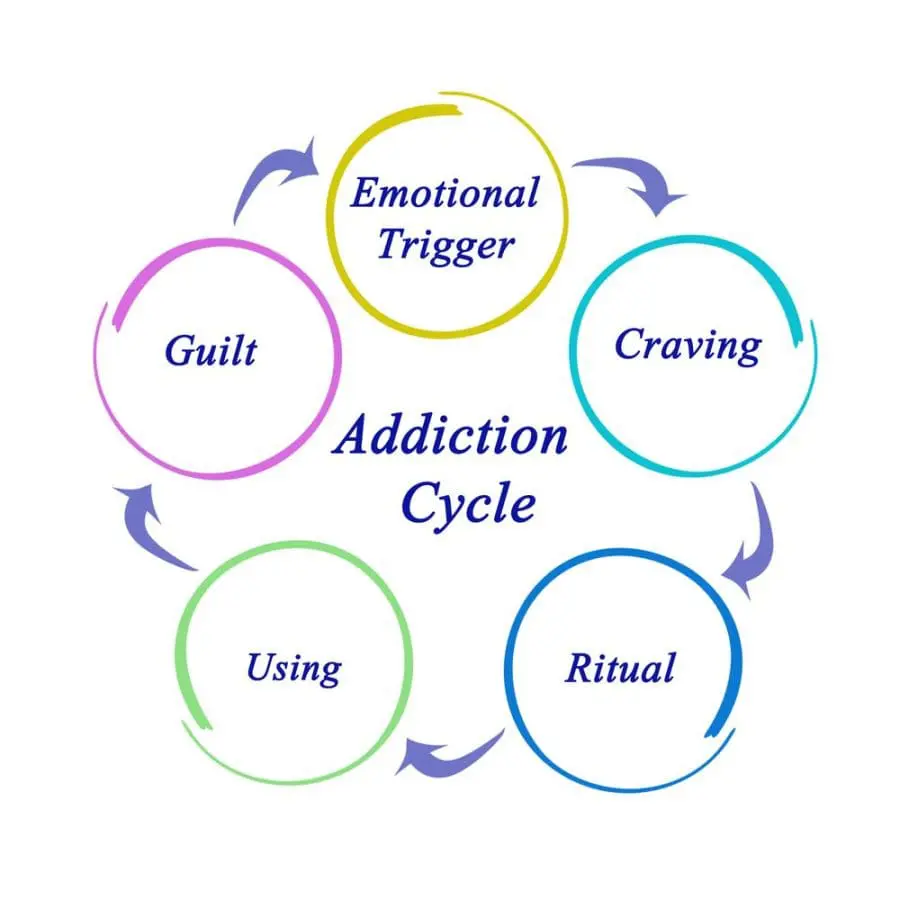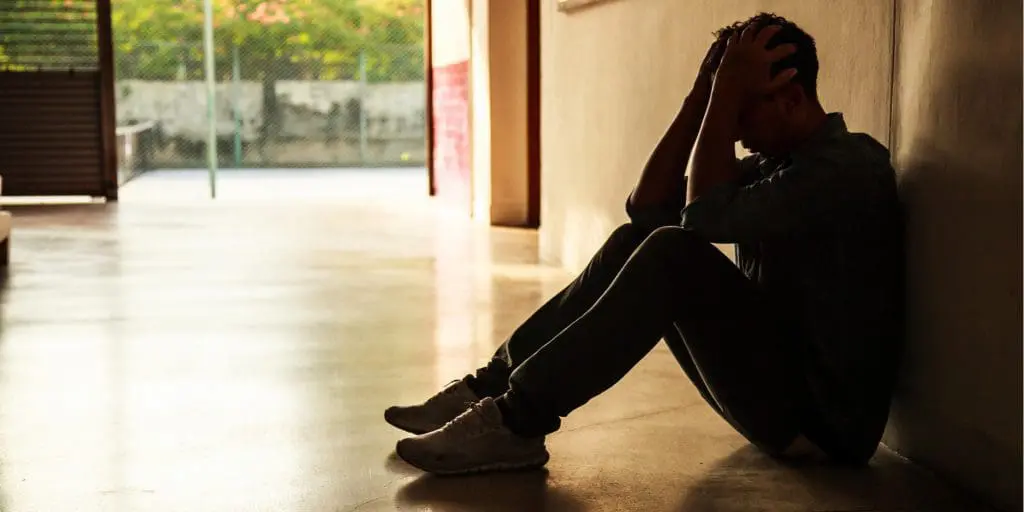Powerful Insights into Emotional Triggers That Lead to Substance Use

Addiction doesn’t always begin with peer pressure or curiosity—it often starts with emotional pain. For many individuals battling LSD, alcohol, or drug dependency, emotional triggers play a key role in pushing them toward substance use.
At Prayas Sewa Samiti, recognised as the Best Nasha Mukti Kendra in Dehradun, we understand how emotions, especially untreated or overwhelming ones, influence a person’s journey into and out of addiction. This blog will help you recognise emotional triggers, how they affect behaviour, and how to overcome them during recovery.
What Are Emotional Triggers?
These are intense emotional responses tied to specific experiences, memories, or feelings. These responses are usually connected to past trauma, unhealed pain, or deeply rooted insecurities. When triggered emotionally, a person might feel the urge to escape through substances like alcohol, LSD, or drugs.
Examples of emotional trigger include:
-
Feeling abandoned or rejected
-
Experiencing failure or criticism
-
Coping with loneliness or depression
-
Feeling shame, guilt, or anger
For someone in recovery, these emotional triggers can be dangerous if not addressed in a healthy way.

Why Do Emotional Triggers Matter in Addiction?
Understanding emotional triggers is crucial in addiction recovery. These emotional cues often act as silent enemies, pushing individuals to relapse even after weeks or months of sobriety. When the brain is overwhelmed by negative emotions, it often seeks comfort in the familiar, and for many, that means substance use.
Secondary Impacts Include:
-
Increased cravings
-
Irrational decisions
-
Sudden withdrawal from support systems
-
Mental health deterioration
By learning how emotional trigger work, individuals can develop stronger coping mechanisms and stay committed to a drug-free life.
Common Emotional Triggers That Lead to Substance Use
Let’s explore the most common emotional triggers that can lead a person back to substance use:
1. Stress and Anxiety
High-pressure situations such as academic stress, job loss, or relationship issues often create emotional triggers that make drugs or alcohol feel like a coping tool.
2. Loneliness
Isolation or lack of companionship can cause deep sadness, which acts as a powerful emotional trigger for those recovering from addiction.
3. Shame and Guilt
These are especially strong emotional triggers, as people may feel unworthy of love or forgiveness. Drugs can be used to numb these painful feelings.
4. Anger or Resentment
Unresolved conflicts with friends, family, or within oneself often create anger—another critical emotional trigger that can lead to destructive choices.
5. Boredom or Hopelessness
A lack of purpose or direction may result in emotional emptiness. This void becomes an open door for substance abuse.

How Prayas Sewa Samiti Helps You Handle Emotional Triggers
At Prayas Sewa Samiti, we don’t just treat addiction—we treat the person. Being known as the Best Nasha Mukti Kendra in Dehradun means we specialise in recognising and addressing each patient’s emotional triggers with tailored therapeutic approaches.
Our treatment includes:
-
Cognitive Behavioural Therapy (CBT) to identify and reframe unhealthy thoughts.
-
One-on-one counselling to explore deep emotional wounds.
-
Group therapy fosters empathy and social connection.
-
Yoga and meditation which strengthen emotional regulation and calm the mind.
Strategies to Manage Emotional Triggers in Daily Life
Recognising emotionals triggers is the first step; managing them is the real challenge. Here are some practical strategies:
1. Journaling and Self-Reflection
Writing about your emotions daily can help you recognise recurring patterns and emotionals triggers before they lead to a relapse.
2. Creating Healthy Distractions
Activities like painting, gardening, or even volunteering shift your focus away from negative thoughts and reduce the power of emotional triggers.
3. Building a Support System
Surround yourself with people who understand your recovery journey. Talking about your struggles can help release emotional pressure.
4. Avoiding High-Risk Situations
If certain people or places remind you of drug use or trauma, avoid them. These situations can act as subtle emotional triggers.
5. Practising Mindfulness and Breathing Exercises
Mindfulness keeps you grounded in the present and stops you from spiralling when faced with strong emotional triggers.
How Family and Friends Can Help
The role of family and friends is critical in managing emotional triggers. They can:
-
Offer emotional support during tough times
-
Help identify mood changes
-
Encourage healthy coping habits
-
Join family therapy sessions at Prayas Sewa Samiti
Compassion and patience from loved ones can make a big difference in preventing relapse caused by emotional overwhelm.

Warning Signs of Trigger-Induced Relapse
Being aware of the warning signs of relapse caused by emotional triggers helps you act quickly. Some signs include:
-
Mood swings or irritability
-
Lack of interest in recovery activities
-
Skipping support meetings or therapy
-
Reconnecting with old substance-using friends
-
Sudden secrecy or lying
Spotting these early gives you time to respond constructively and protect your sobriety.
Long-Term Healing and Emotional Growth
Recovery is not just about quitting substances—it’s about building emotional strength. By identifying and mastering your emotional triggers, you learn to respond, not react. This builds emotional resilience and helps maintain lifelong sobriety.
It’s a continuous process, but with the right support and guidance, it is entirely possible.
Conclusion
Emotional triggers are among the most challenging barriers in the journey to sobriety, especially for those recovering from substances like LSD or alcohol. Ignoring these triggers can lead to relapse, but understanding and addressing them can strengthen your recovery for life.
If you or someone you know is struggling, don’t wait. At Prayas Sewa Samiti, the Best Nasha Mukti Kendra in Dehradun, we are here to help you overcome not just addiction, but the emotional battles that come with it.
Recovery is not just about detox—it’s about emotional freedom. Let us help you start that journey today.